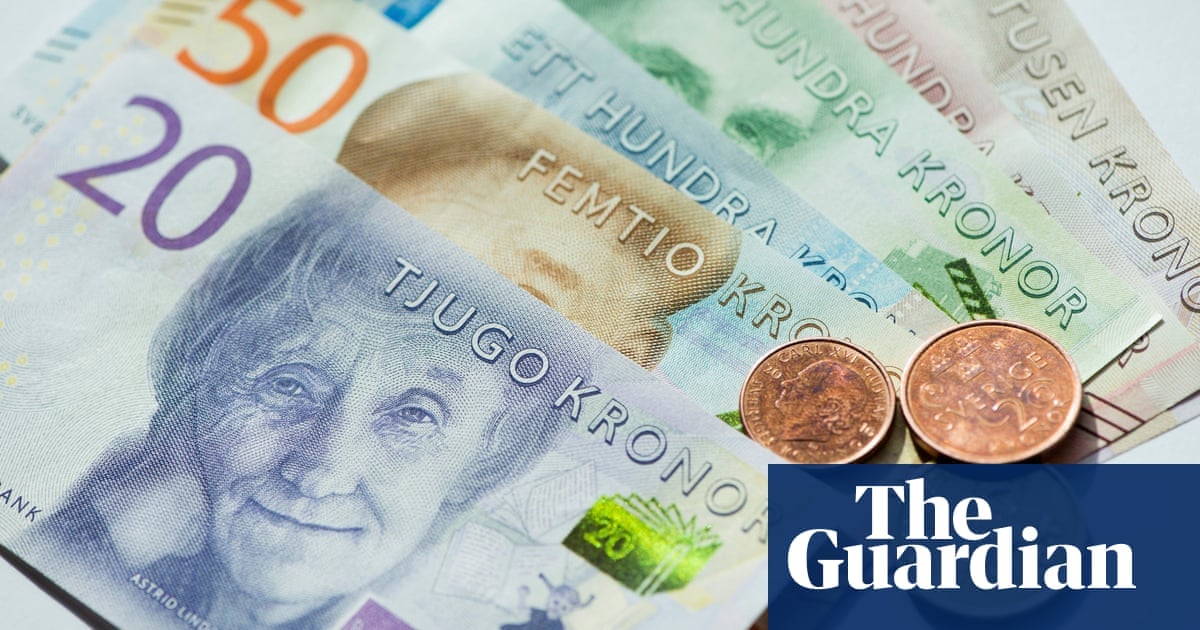cross-posted from: https://feddit.org/post/4262252
A combination of good high-speed internet coverage, high digital literacy rates, large rural populations and fast-growing fintech industries had put the Nordic neighbours on a fast track to a future without cash.
[…]
But Russia’s invasion of Ukraine in 2022 and a subsequent rise in cross-border hybrid warfare and cyber-attacks blamed on pro-Russia groups have prompted a rethink.
[…]
The Swedish government has since completely overhauled its defence and preparedness strategy, joining Nato, starting a new form of national service and reactivating its psychological defence agency to combat disinformation from Russia and other adversaries. Norway has tightened controls on its previously porous border with Russia.
[…]
[Norway’s] justice and public security ministry said it “recommends everyone keep some cash on hand due to the vulnerabilities of digital payment solutions to cyber-attacks”. It said the government took preparedness seriously “given the increasing global instability with war, digital threats, and climate change. As a result, they’ve ensured that the right to pay with cash is strengthened”.
[…]



What if it bounced through multiple peers between sender and recipient, encrypted on each hop like Tor? Then they’d need to actually break the encryption, or compromise every hop.
The transaction data itself does need to be publicly readable, because otherwise the whole consensus mechanism that the blockchain relies on wouldn’t work.
Not every transaction, just the ones that open and close payment channels. This deletes data that would be needed to reconstruct an overwhelming majority of transactions.
(This is how Bitcoin’s lightning network works.)